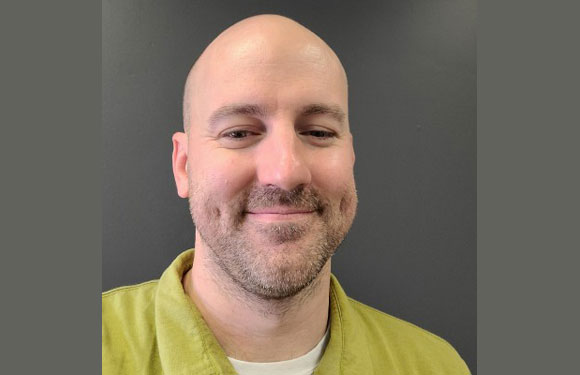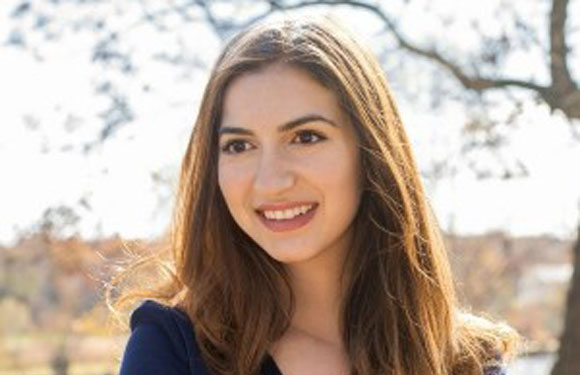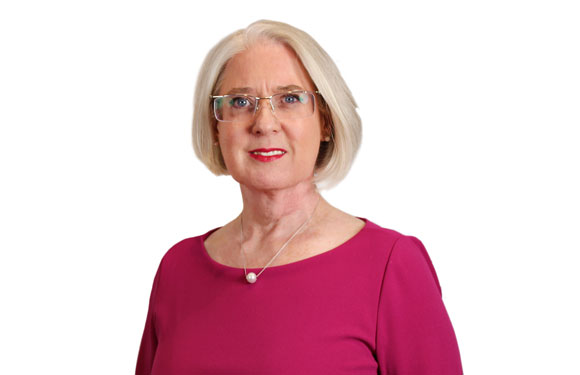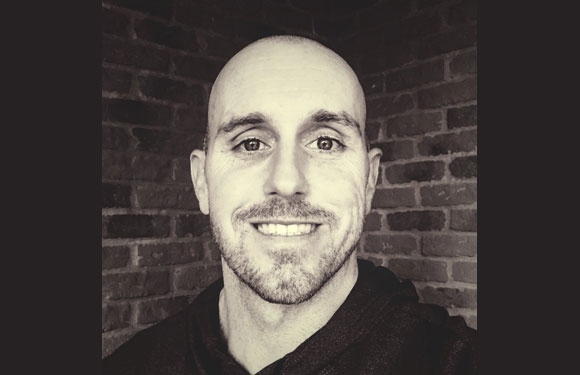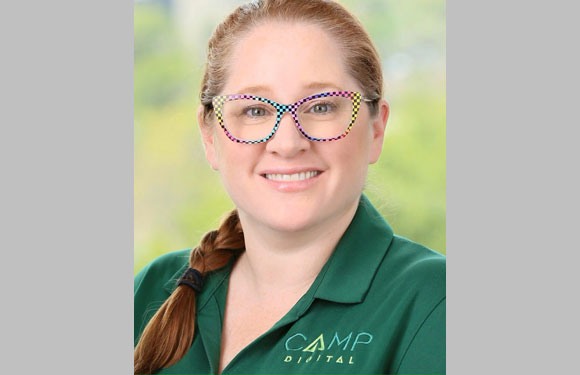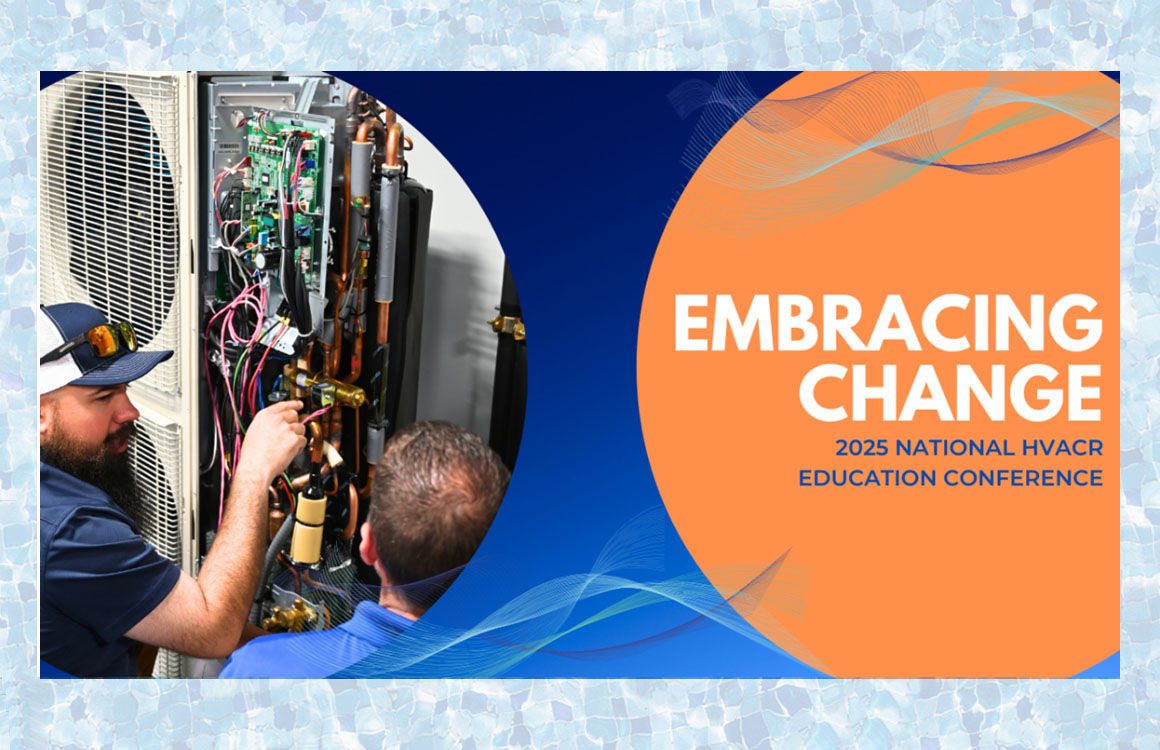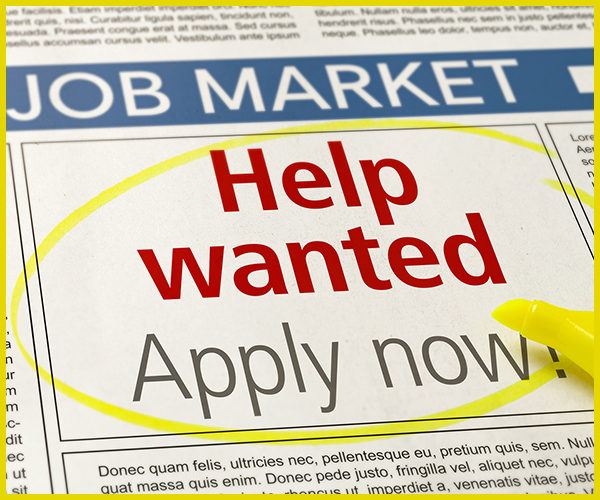By Tom Murray
As I sat down to write this piece, my goal was to focus us on the celebration of the 50th anniversary of Earth Day, April 22, 2020. Little did I know that we, as a global community, would at this time be focused not on what we have accomplished over the last 50 years to restore environmental sustainability or the growing threat to that sustainability caused by anthropomorphic climate change. Instead, we would be trying to do those things while fighting an invisible human health menace the likes of which the world has never seen, pandemic COVID-19.
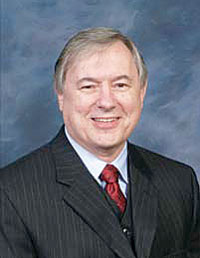
The Juxtaposition of the Climate Change issue with the COVID-19 pandemic gives us pause, does it not? The Climate Change discussion is not unlike the events leading up to the launch of the Original Earth Day. The people who organized that Earth Day faced insurmountable odds to get their message across. We had to battle every step of the way to find common ground and purpose and then work diligently to maintain that ground and protect that purpose. Those battles continue to this day. The global COVID-19 pandemic has done the same thing but with much more intensity and palpable alarm.
History will describe these times as perhaps the most challenging we have ever faced. History will also judge us on how well we rose to that challenge. The issues are certainly complex. But the real challenge is that the only way we will solve them is by working together globally, a practice that has its own set of cultural and political complexities.
How does one sustain hope?
In trying to answer this question, I searched my own personal history to see if I could remember a time in my life when my generation felt such feelings of hopelessness. I found it in 1962 when I was 13 years old and the nation was facing a very dire national emergency. In October of that year, the United States announced that the USSR had started building aggressive missile bases in Cuba, a mere 110 miles off our Florida coast. President John F. Kennedy ordered U.S. naval and air forces to establish a partial blockade of Cuba to prevent the further delivery of weapons aboard Soviet ships. The USSR responded with a threat that such actions by the United States could end in thermonuclear war and warned that the Soviet Union would not submit to any search of their vessels by the United States. As the United Nations argued for negotiation and President John F. Kennedy and Soviet leader Nikita Khrushchev rattled their sabers, Americans held their collective breadth not knowing what would happen next.
I remember having to take canned goods to school where they were stored in the event that we needed to seek shelter there away from our parents. We interrupted our lessons daily for “duck and cover” drills where we were instructed to take refuge beneath our desks until given the “all clear” signal. We were frightened and we felt defenseless. This went on for weeks. To us it had felt like an eternity.
Our young people today are feeling the same way as my generation felt in 1962. While our concern was the Cuban Missile Crisis, their concerns are the global threats of climate change and now the COVID-19 pandemic. In the February 9, 2020 issue of the Washington Post Magazine, Jason Plautz, a writer in Denver wrote a piece entitled “The Environmental Burden of Generation Z.” It offered us a window into the hearts and minds of the nation’s young people who recognize that it is likely their generation that will feel the full brunt of the effects of climate change, a responsibility that has left many of them feeling powerless. The article goes so far as to introduce into our lexicon new medical diagnostic terms such as “eco-anxiety”, “climate depression”, and “climate change delusion” all of which represent the feelings of hopelessness felt by many of these young people. We have discussed this concern in this space over the last several months. But this is the first time that I have seen psychological terms associated with the problem. It rocked my world to read this. I fear that additional terms will join the list over the course of the COVID-19 pandemic.
So, how do we sustain hope for these young people? How do we ease their concerns?
Well, in 1962, we did it through honest and transparent communication with our parents and our teachers. Only by bonding generations were we able to gain a perspective that helped us understand that we were not alone with our fears. Our parents had witnessed global threats many of which drew the country into World War II. They witnessed the effects of atomic warfare and the sting of Pearl Harbor. Their parents lived through World War I, the Panic of 1929 and the Great Depression. We did not need to know the specifics associated with these horrors. We just needed to know how they were able to deal with their feelings individually and collectively. We just needed the assurance that we were not alone.
While the world has been focusing on the pandemic, we quietly celebrated the 50th anniversary of Earth Day on April 22, 2020. While we had hoped for great global fanfare and celebrations with billions of people, the pandemic has put the kibosh on such planning. Perhaps that is a good thing. Perhaps it is better that, at this time, we are left with our own thoughts rather than joining the masses in the streets and on the Hill. With fewer cars on the road and many factories shuttered or operating at base levels globally due to the COVID-19 pandemic, in an oddly perverse way, the pandemic has provided us empirical clarity on the causes and effects of climate change, data that many, up to this point, have failed to understand or have chosen to ignore. Perhaps that will now change.
The COVID-19 lockdown has also offered us time to self-reflect. Perhaps, this self-reflection will help us find the way to put aside political squabbles and focus on who we are as global stewards and how we can strengthen our commitment to global sustainability. Our past defines us. We just need to slow down every so often to ponder it and wonder at the sight of resilient people in times of trouble taking care of each other and working together to solve problems. And it is a good time to have those open and honest conversations with parents and grandparents. My sense is that when we are allowed to fully appreciate the 50th anniversary of Earth Day and re-engage on issues related to climate change, we will do so with a more fervent attitude, a renewed sense of global interconnectedness, and a deeper appreciation for the fragility of this planet which we call home.
Let me end with a quote from Denis Hayes, the organizer of the first Earth Day, as reported by Sarah Kaplan of the Washington Post on the 50th anniversary of Earth Day, April 22, 2020.
“With COVID-19, there is a light at the end of the tunnel”, Hayes says. “There’s going to be a vaccine. Yet, we still have a lot of work to do to rebuild our society in a more sustainable way, to finally change course and create the world envisioned by the original Earth Day.”
“That,” Hayes said,” is the climate vaccine”.1
[1] Washington Post, April 22, 2020. Earth Day hits 50 on a Planet Still after Sustainability, by Sarah Kaplan.
About the Author
Tom Murray is a pollution prevention and sustainability expert and Director of Utility Relationships for the Thermostat Recycling Corporation (TRC). Tom retired from the U.S. Environmental Protection Agency in 2016 after over 44 years in government service. At EPA, Tom served as a Senior Science Advisor, leading efforts to develop action plans for several persistent, bioaccumulative, and toxic chemicals including Mercury.
All views expressed here are my own and do not represent the opinions of any entity whatsoever with whom I have been, am now or will be affiliated.




